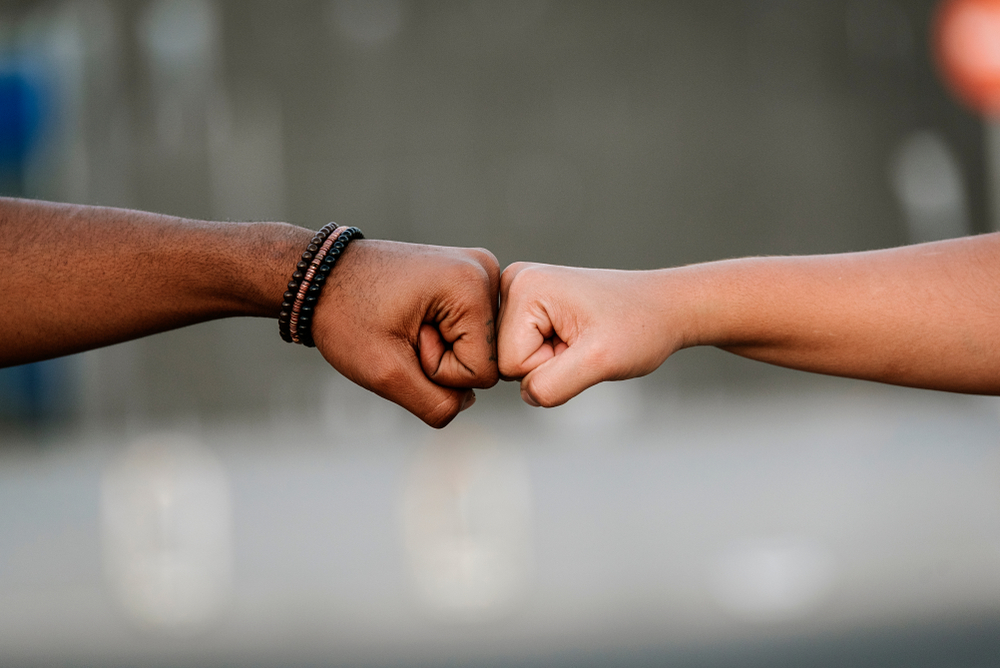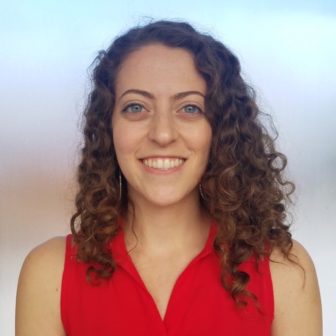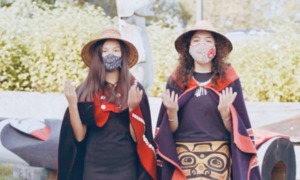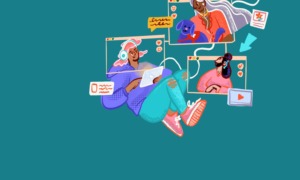
santypan/Shutterstock
.
I am neither a man nor a person of color, but this past year I’ve worked in a program for men of color. I was a case manager with Make It Happen, a Brooklyn-based therapeutic services program for young men of color who have been impacted by violence.
That I’m a white woman is likely not surprising to anyone who knows service providers. I haven’t crunched any numbers, but I would put money on assuming that white women make up the majority of staff of the U.S. nonprofit industry.

Sophie Aroesty
Incidentally, Make It Happen is not predominantly white or woman-identifying, both in its staff and in its population served. With its specific focus — young men of color — the program intentionally aims to not recreate many of the features common in other service providers. Having the staff largely reflect its audience is only one of its strategies to do so.
Why do we try to be different than other service providers? For young men of color, prior experiences with service providers has often been accompanied by trauma: guidance counselors intervening when teachers couldn’t relate or manage; foster care agencies getting involved when the Administration for Children’s Services was called; mandated meetings with therapists and case managers after police targeting.
So Make It Happen, in providing free, voluntary therapy and case management, tries to do things differently. And part of this is creating a culture where participants feel safe and comfortable to be themselves: brown and black young men, surrounded by predominantly men; predominantly people of color.
So how do I fit in in this space? How do I conceptualize my whiteness and my role within this mission?
Here are some lessons I’ve learned from this past year about how to navigate these questions, informed by the participants I’ve assisted, staff I’ve worked with, and trials and errors (and more trials, and more errors) that I’ve learned from.
Mindfulness and perspective
Firstly, with participants. It’s important to address the racial dynamics between us. Once, when helping a participant write a resume, we got into a conversation about semantics and what’s considered professional writing. I named that those who are closest to power have decided what’s the norm for professional language — what’s considered “correct English” — but that it doesn’t make other dialects less legitimate, like African American Vernacular English.
Shortly after, he disclosed to me that he changed the way he spoke when addressing white women in order to appear less threatening to them. I’m sure this isn’t something he’s shared with many white women before. Discussing those dynamics helped us form a closer relationship.
It’s also important to understand my own shortcomings in relating to the participants’ experiences. When this comes up, I lean on my co-workers. Our power is in the collective strengths of our team. Remembering that I may not always be the best at handling a situation or connecting to a participant lends itself to another important lesson: I am not the participants’ savior or the answer to their problems. They are the drivers of their destiny.
Keeping this perspective in mind is important to stave off issues that arise when I feel entitled, overly important; when I feel like my ideas are the best, and that I must do and be everything for my participants. That attitude not only leads to burnout; it will also cause me to view the participants as less than capable. I may then treat them as less capable; do things for them that they can either do for themselves or learn to do for themselves. This is the opposite of strength-based support.
In regard to working in a predominantly nonwhite workplace, it’s important to be mindful of the space I take up. What ideas am I contributing in meetings? When am I speaking up too much, interrupting or speaking on topics that I don’t have expertise in (or other people’s opinions may matter more)? Do I ever correct my co-workers, even if the topic is trivial, making them feel inadequate and lesser? Am I explaining things that they already know? Am I doing work that’s really someone else’s job, because I’m trying to be helpful, but am ultimately stepping on toes? Do I offer space to receive feedback or hear others’ thoughts and opinions?
Am I being kind and welcoming? As Sofia Quintero wrote, “when a White person wants to be friends with a Black person, all she has to do is walk across the room, extend her hand and introduce herself. When a Black person makes that decision—and I’m paraphrasing here—she is crawling across the room across the shards of broken relationships with White people in the past…” I must make an effort, because I’m not the one who has to reach across the shards of broken glass.
When there’s disagreements or conflict, do I reflect on my own behavior and what I may have done wrong? Do I make conflicts about my hurt feelings; subjecting others to centering my experiences, and my pain? Do I seek out outlets to process my internal racism, my shortcomings, with those who have the capacity to receive it (like my family, friends, other white people, a therapist)? If I want to apologize, for whose benefit am I doing so?
It’s important to understand that as a white person, I personally benefit from upholding white supremacy. And if I want to be actively anti-racist, I need to be constantly questioning and constantly working toward understanding my internalized racism. Understanding that I was born into this society and this body, that this is the water we swim in; that I didn’t make the world this way, and that I benefit from it regardless, is how I will make myself better. And when I’m working on that, I can also make this work and this world better.
As a co-worker once told me: Those who are closest to the problem are closest to the solution, but those closest to the problem of racism didn’t cause this problem. There is a place for me in solving this problem and doing anti-racist work. If I understand how that place works, I can do the work.
Sophie Aroesty is a recent alumni of AVODAH: The Jewish Service Corps, during which she worked as a case manager for Make It Happen.































